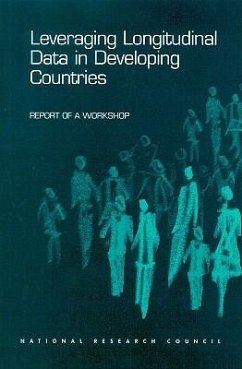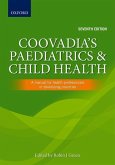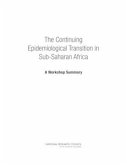Longitudinal data collection and analysis are critical to social, demographic, and health research, policy, and practice. They are regularly used to address questions of demographic and health trends, policy and program evaluation, and causality. Panel studies, cohort studies, and longitudinal community studies have proved particularly important in developing countries that lack vital registration systems and comprehensive sources of information on the demographic and health situation of their populations. Research using data from such studies has led to scientific advances and improvements in the well-being of individuals in developing countries. Yet questions remain about the usefulness of these studies relative to their expense (and relative to cross-sectional surveys) and about the appropriate choice of alternative longitudinal strategies in different contexts. For these reasons, the Committee on Population convened a workshop to examine the comparative strengths and weaknesses of various longitudinal approaches in addressing demographic and health questions in developing countries and to consider ways to strengthen longitudinal data collection and analysis. This report summarizes the discussion and opinions voiced at that workshop.
Hinweis: Dieser Artikel kann nur an eine deutsche Lieferadresse ausgeliefert werden.
Hinweis: Dieser Artikel kann nur an eine deutsche Lieferadresse ausgeliefert werden.








